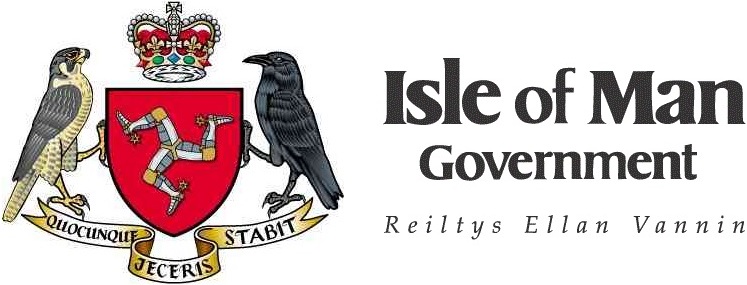Equality Act 2017 - Draft Code of Practice on Employment
Feedback updated 9 Mar 2020
We asked
We asked you to review the draft Code of Practice and provide your feedback to ensure that the Act will be interpreted and applied correctly.
You said
A total of three responses were received which included (i) support for the Code (ii) grammatical errors within the Code and (iii) comments in relation to the primary legislation.
We did
The Department is grateful to the respondents and to any others who had an input into the drafting of the Code throughout the process. After reviewing the responses, the grammatical errors were amended to the Code of Practice which came into effect on 1st January 2020.
The Department is grateful to the respondent for their comments in respect of the primary legislation which will be considered at a time when the legislation is subject to a future review.
Overview
The Equality Act 2017 (the Act) is one of the most important pieces of social legislation to be progressed in the Isle of Man in recent times. It seeks to ensure fair and equal treatment, in a way that allows social and economic inclusion in the community.
The Act consolidates and replaces earlier discrimination legislation. Principally, the Act covers discrimination because of age, disability, gender reassignment, marriage and civil partnership, pregnancy and maternity, race, religion or belief, sex and sexual orientation. These groups are known in the Act as ‘protected characteristics’.
Discrimination in most areas of activity is now unlawful, subject to certain exceptions. These areas of activity include employment and other work-related situations; education; housing; the provision of services, the exercise of public functions and membership of associations.
The Council of Ministers have the statutory discretion to issue a Code of Practice in connection with any matter addressed in the Act, to ensure or facilitate compliance with the Act or to promote equality of opportunity. This statutory Code of Practice on employment is the first of a number of Codes and Guidance documents that will be issued in relation to the Act. It is an authoritative, comprehensive and technical guide to the law and will be invaluable to the Employment and Equality Tribunal and courts, advocates, advisers, trade union representatives, human resources personnel and others who need to understand the law in depth or to apply it in practice.
The Equality and Human Rights Commission (EHRC) as the statutory regulator for Great Britain issued a Code of Practice on Employment and Supplementary Code, pursuant to the powers contained in the Equality Act 2010. The Equality Act 2017 essentially mirrors the Equality Act 2010 of Parliament, therefore this Code has used the EHRC Code as its basis, following consent received from the EHRC, with such modifications are as required to reflect local legislation and conditions.
The consultation of this Code has been broken down into chapters for ease. However, if you prefer to view the full draft Code, this is available in the last question.
Why your views matter
The Act requires the Council of Ministers to publish its proposals. This allows key stakeholders and members of the public the opportunity to comment and provide feedback so we can ensure that the Act will be interpreted and applied correctly.
What happens next
We will use the responses we receive to inform our work in developing the Code before the final version is submitted to Tynwald for approval.
Areas
- All Areas
Audiences
- All residents
- Black & minority ethnic
- Business owner
- Children & young people
- Civil and public servants
- Elected members - local government
- Elected members - MHKs
- Employees
- Homeowners
- Landlords
- Leaseholders/ landowners
- Lesbian, gay, transgender & bisexual
- Older people
- Other non-resident - business interests
- Parents, carers and & guardians
- People with disabilities or long term illness
- Retired
- Road users
- Self-employed
- Students
- Tenants
- Unemployed
- Visitors & tourists
- Volunteers
Interests
- Economy
- Legislation
- Policies, strategies & plans

Share
Share on Twitter Share on Facebook